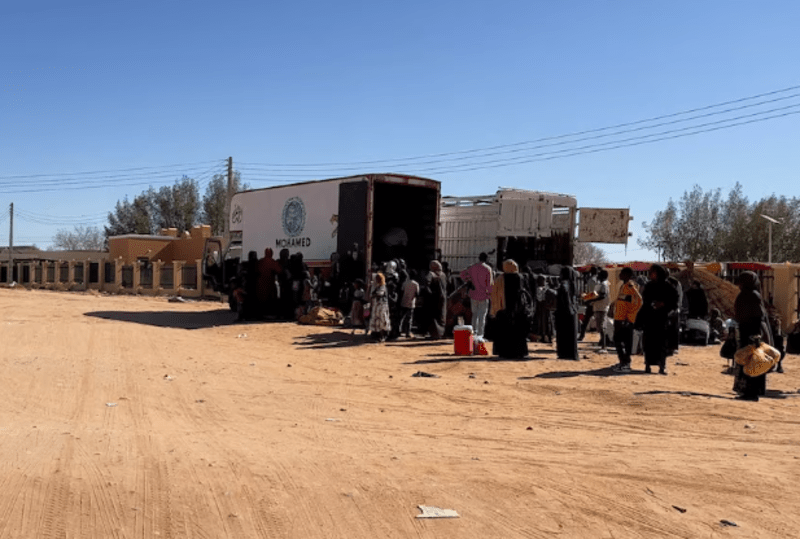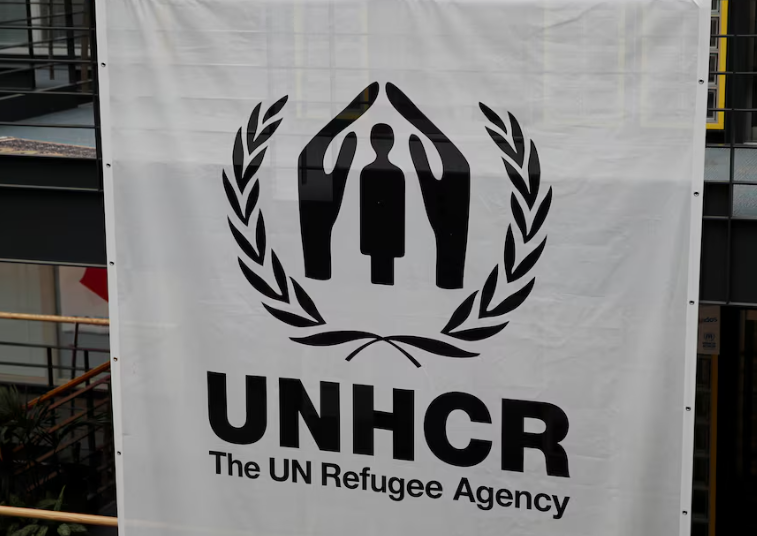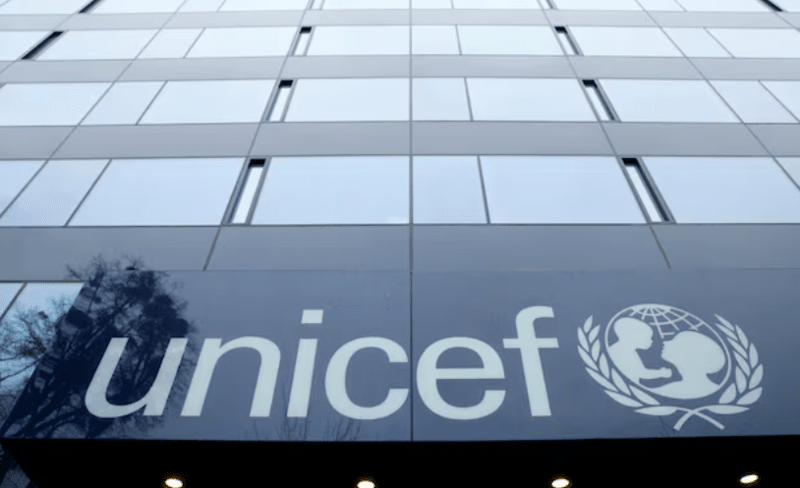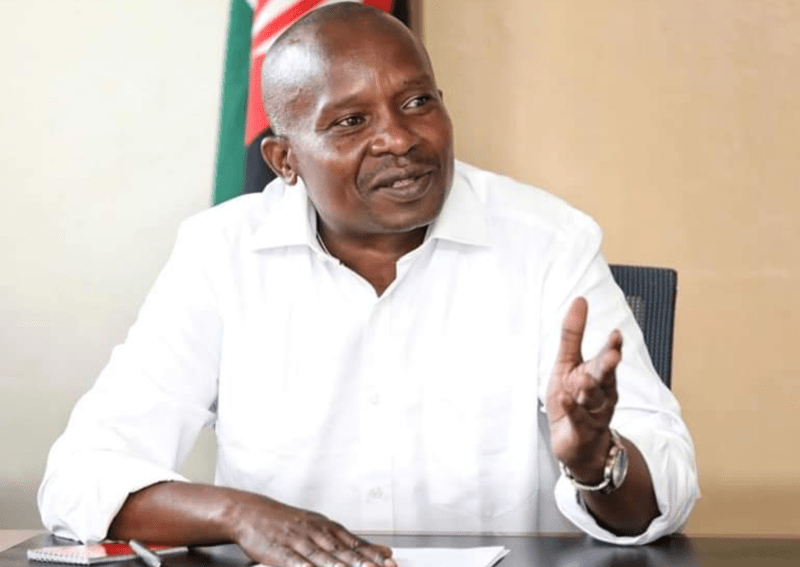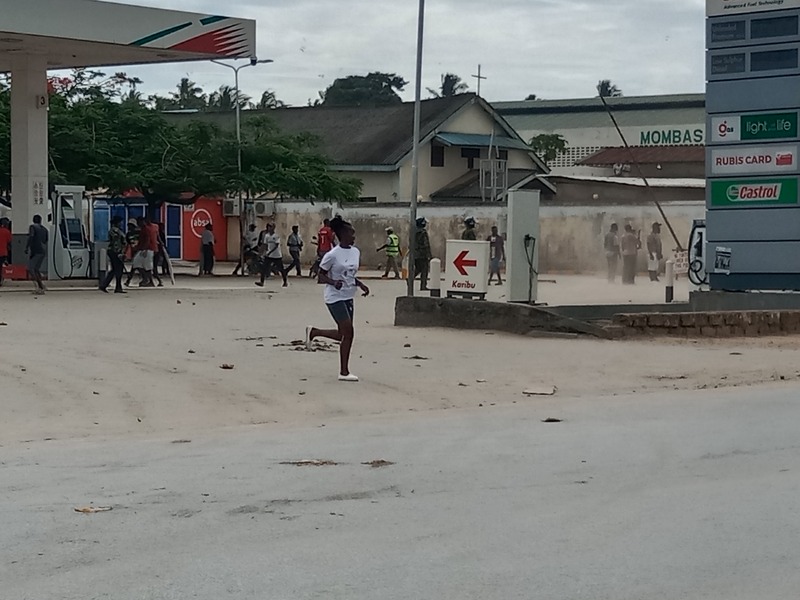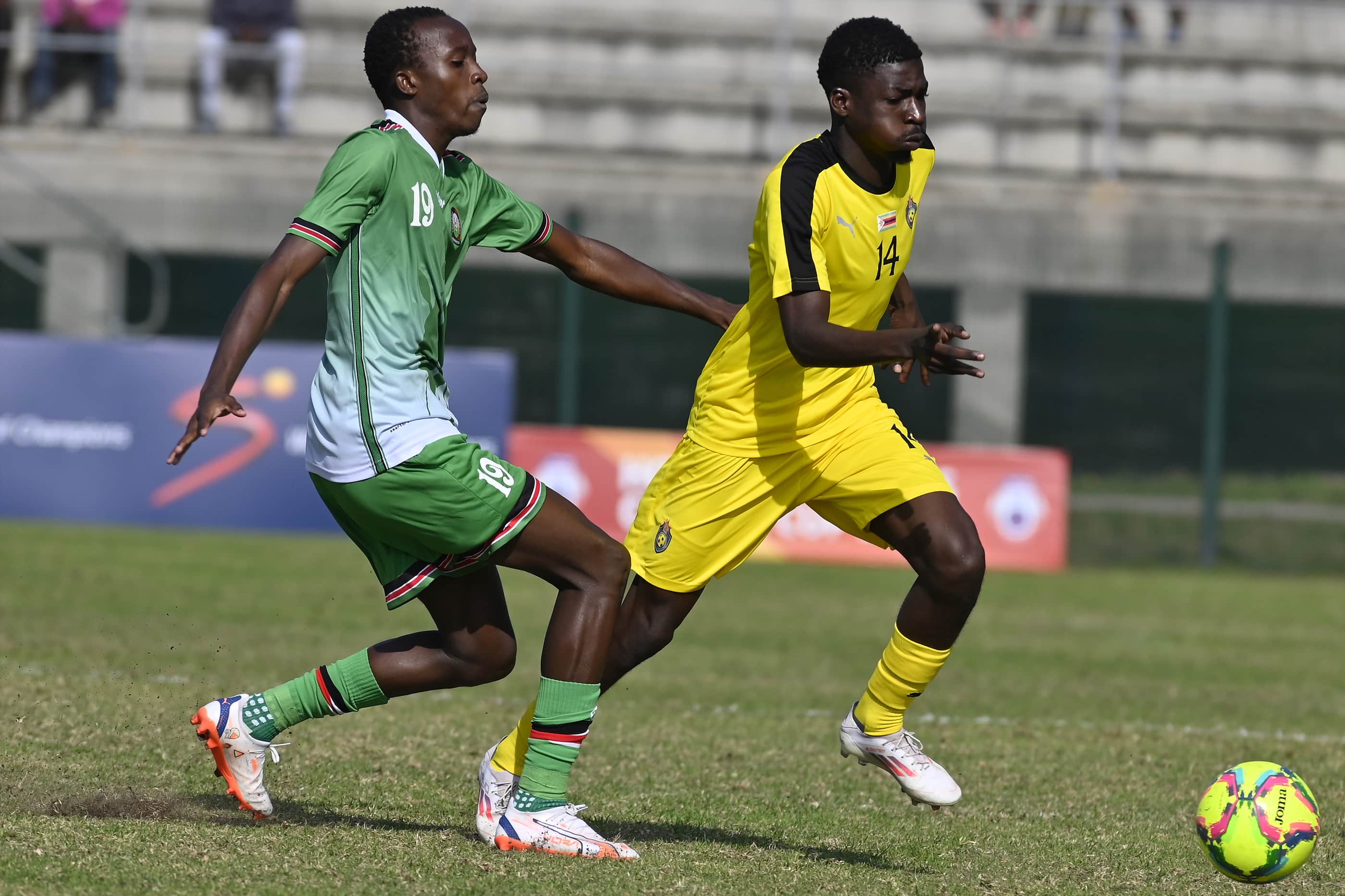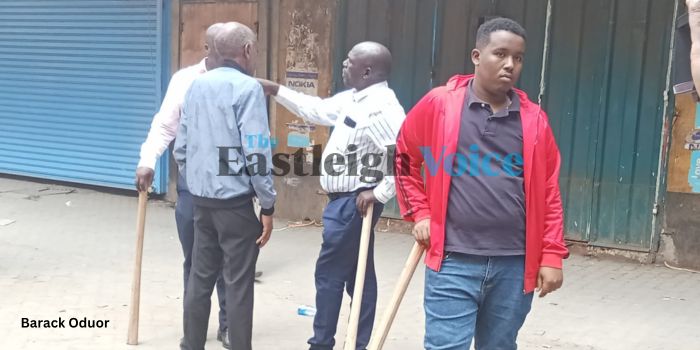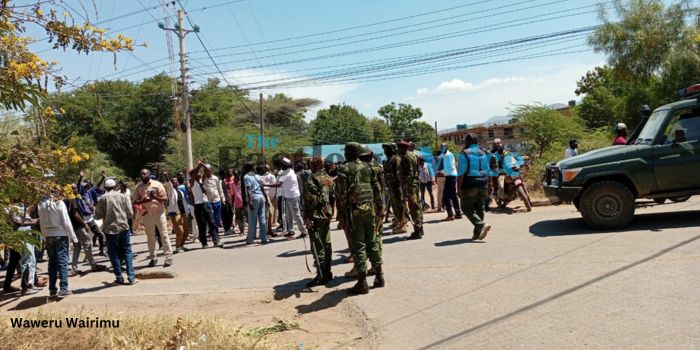Healthy and sick at the same time: Life of Kenyan woman battling rare condition
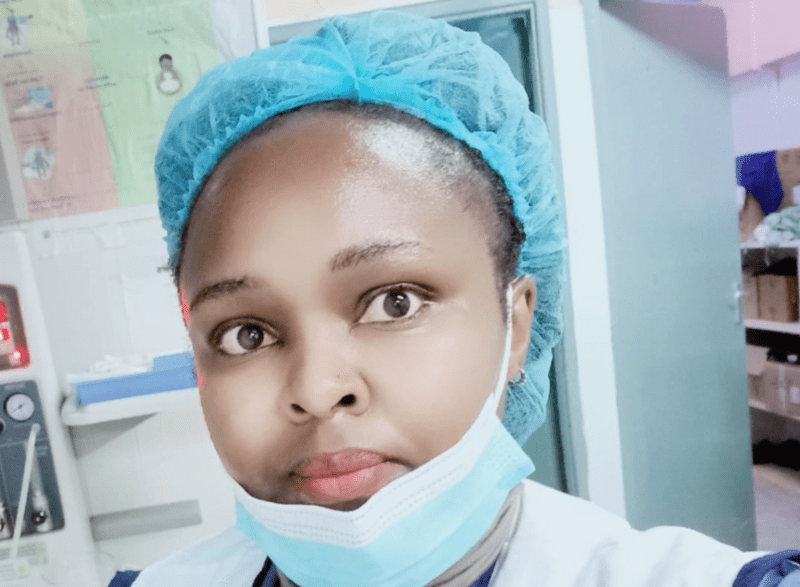
By Waweru Wairimu |
On a normal day, she wakes up with pain all over her body, unable to even lift her hands or open her eyes, forcing her to stay longer in bed, mostly affecting her scheduled day's activities.
Purity Nkatha has in the last three years become inured to a capricious life- one that you are okay at some point and sick and unable to do anything, moments after.
On a normal day, she wakes up with pain all over her body, unable to even lift her hands or open her eyes, forcing her to stay longer in bed, mostly affecting her scheduled day's activities.
Keep reading
A simple task of preparing breakfast which usually takes about 15 minutes leaves her panting like someone running for their dear life while an hour of laundry work causes her severe back pains that last for three days.
From her outward appearance, one can hardly notice that she is unwell. Her sparkly face and smile make many people doubt that she is tussling a rare condition that she was diagnosed with, three years ago.
"Many people wonder how I could be sick and have a radiant face but do not know it's sunscreen (for protecting the skin from harsh UV rays) that I have applied," Purity shares.
Born and raised in Kaaga, Meru County, Purity dropped out of school while in Form Two at Kisima Mixed Secondary School in Timau due to violence at home and found herself in the streets at some time.
Her father separated from her mother after her birth, forcing her to live with a stepfather who six years later, turned violent against her for no apparent reason, stopped paying her school fees and chased her out of the home in 2007.
And when she got an opportunity to go back to school to enable her to actualize the dream of becoming a nurse 12 years later, her life was the following year shrouded in agony, with exactly two weeks to the KCSE exam.
"I started falling sick in September 2020. I had a fever, joint pains, shortness of breath and my heart was racing so fast forcing me to be admitted to a hospital in Isiolo town," she recalls.
She would weeks after her discharge be misdiagnosed with tonsillitis at a different hospital, forcing her to undergo surgery.
"I was being supported to walk while being taken to the hospital in Meru where a tonsillectomy was done. I could not even walk to the toilet by myself. I was discharged two days later and bed-ridden for a month," she says.
All this while, her health kept deteriorating; her face and legs became swollen, her weight shot to 99 kilograms from 70 and grappled with breathing difficulties.
She would in December of the same year visit a private hospital in Nairobi where on assessment by a cardiologist, an admission was recommended. Three weeks later, medics at the hospital had not established what she was suffering from despite bills hitting over Sh1 million.
"I was so frustrated that I had accumulated such a huge bill and the cause of my problem had not been diagnosed despite being attended to by several medics," she says.
A rheumatologist discovered what she was ailing from after carrying out some tests, in what Purity terms as her life's most short-lived happiness.
Lupus diagnosis
She was given some drugs after discharge and asked to return to the hospital two weeks later. That was in January 2021.
"When the results were out, I was so happy that what was disturbing me had been established. The doctor told me I had been diagnosed with Systemic Lupus Erythematosus. He told me I would manage the disease with drugs and diet restrictions and asked me to buy sunscreen and avoid direct sunlight," Purity recalls.
Lupus is an auto-immune condition that causes the body's immune system to attack its tissues and affects joints, skin, kidneys, blood cells, brain, heart and lungs. Its symptoms vary and include fatigue, joint pain, rash and fever and can periodically get worse then improve.
Her joy would end hours later after she arrived home and searched online about Lupus.
"I was heartbroken. It pained me to learn that there was no promise of getting better. I felt the world was crumbling and my life lost meaning for some time. I wondered why it happened to me the same time I had returned to school," the mother of one and a wife said.
On learning about the discovery, the Principal at Magumoni Girls School in Tharaka-Nithi where she studied, implored her to suspend her studies and sit her national exams in the subsequent year but she declined.
"I chose to go back and sit my exams. It was so challenging considering I was on a special diet. Students helped me do almost everything including spreading my bed and bringing me food. The school management also supported me a lot," she notes.
Undeterred, a determined Purity scored a B (minus) in the KCSE exams and later joined the Kenya Medical Training College (KMTC) Nyeri campus where she is undertaking a Diploma course in Nursing and Community Health.
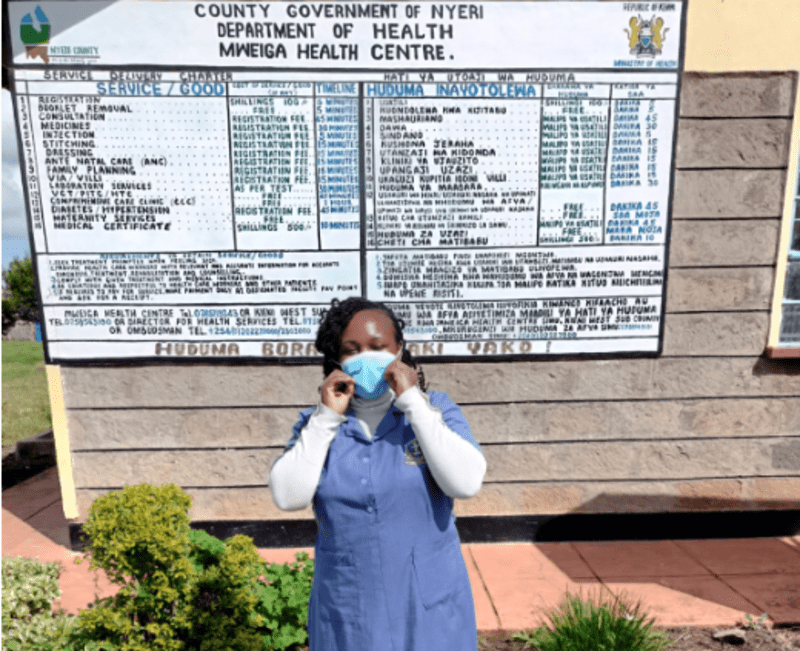 Purity Nkatha, a Lupus warrior and Nursing student at KMTC Nyeri campus. She has appealed to other warriors to speak out and share their experiences to beat stigma. (Handout)
Purity Nkatha, a Lupus warrior and Nursing student at KMTC Nyeri campus. She has appealed to other warriors to speak out and share their experiences to beat stigma. (Handout)
Managing the condition, the Lupus warrior says, is expensive and difficult. Adhering to a strict diet and dosage and attending clinics is practically impossible due to financial constraints.
"I am supposed to take a special diet that includes fruits, white meat, vegetables, almond milk, vitamin D, cod liver and Magnesium. I also have to undergo regular lab tests to determine how I am progressing and if the disease may have spread to vital organs which costs me an average of Sh12,000 per visit," she reveals.
She is also required to pay her school fees and accommodation.
"The condition has complicated my life. It has come with a lot of health challenges. Overcoming the symptoms and side effects of the drugs is the order of the day."
Due to financial challenges, she takes drugs and required food based on availability and her current condition. "When I am feeling a bit better, I take the drugs once a day and twice or thrice daily when my health worsens".
Her common drug is hydroxychloroquine (HCQS) whose anti-inflammatory and immunomodulatory properties help reduce inflammation.
'The day I almost died'
Purity's scariest experience is flare-ups and brain fog, a cognitive dysfunction that causes confusion and lack of focus, which is said to be caused by hormonal changes, stress or lack of enough sleep.
"The first time I experienced a flare-up, I thought I would die. The heart beats so fast and you experience fever. I later discovered that antioxidant tea helps a lot but I must open the doors and windows, take breathing exercises and painkillers or drugs to induce sleep if it is accompanied by severe pains," she shares.
Due to her school set-up, she often intoxicates herself with coffee to stay awake for longer hours to enable her to study, especially during the exam period.
Purity says the flare-ups, symptoms that come and go and which are triggered by stress, infections or missed doses of medication, can extend for several days or weeks.
Brain fog causes her memory loss making her unable to recall the name of her lecturer and taking longer to cross a road due to lack of clarity of the mind.
"The school management is aware of my condition and has been very supportive. They know I could be fine today and terribly sick and unable to get out of the house the following day," she said during a recent interview with The Eastleigh Voice.
The disease, though requiring her to be mindful of social interactions to avoid getting predisposed to infections, has seen umpteen friends abandon her due to misconceptions and ostensibly for being asked to assist in supporting her treatment.
"Many people see the rare condition as a curse due to little awareness about it. Many of my relatives and friends no longer pick up my calls or reach out, including some who we had been friends with for many years before I was diagnosed with Lupus."
"Anyone who visits me must sanitize all their items at the doorstep before getting in. I am so strict because my friends are colleagues. We study and spend most of the time in the hospital attending to patients," she says.
'Stronger than I thought'
The warrior has gathered the strength to battle the monster and changed her perspective on life, especially not being overly judgmental of people after initial contact with them.
"It has taught me to be strong, accommodating and loving to people because I do not know what they could be battling from inside. While it is good to support patients' access to treatment, showing them empathy and care and offering them emotional support is also equally important".
The student is glad that despite going through an agonizing experience, she has been of help to critically ill patients visiting the Nyeri hospital.
Support groups have also been very helpful to her and other patients by offering them a platform to discuss their issues, share experiences raise funds and share drugs amongst each other.
"We encourage each other to keep fighting and not to lose hope. We mobilise for support and checking on each other," she said.
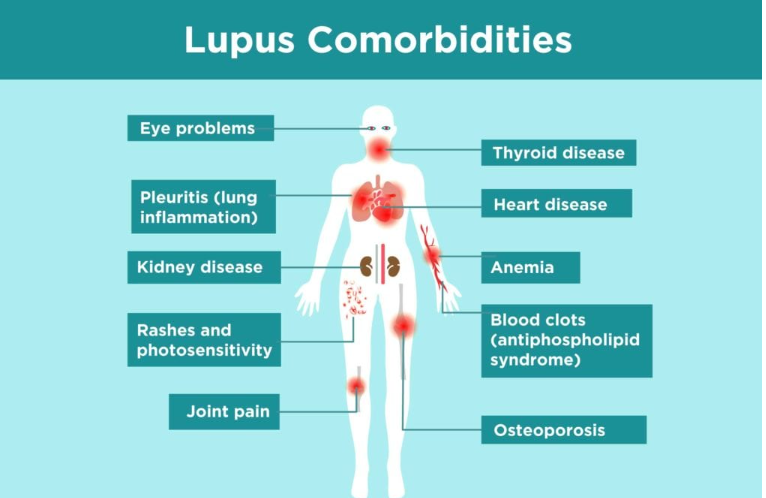 (Creakyjoints.org)
(Creakyjoints.org)
Depression
Two months ago, Purity nearly sunk into depression due to a lack of motivation and support. She was preoccupied with the condition that resulted in withdrawal and emotional suffering.
It was after the experience that she shared with her friends that she discovered music, prayers and reading the bible to be among the best therapies for stress.
"I read the Bible, pray and listen to gospel music whenever I feel like I am losing hope and it makes me feel better".
She implores other warriors not to give up but to speak out and continue sensitising the community about Lupus, terming it among the ways that will enable them to access support.
"It is not over for us. The condition cannot define us and we will not shy off from speaking about it because that way, we can beat the stigma associated with Lupus," she said.
Purity, who wants to help patients battling Lupus after completing her course, appeals to the government to treat the disorder as it had done with Cancer and other chronic diseases.
She says treatment should be made affordable and drugs subsidised, lamenting that they were paying Sh5,000 for consultation every time they go to clinics.
"There is a need for more awareness about the disease and psychosocial and financial support to the warriors to alleviate the struggle we go through," she says. "Love, support and kind words fuel my strength to keep fighting".






